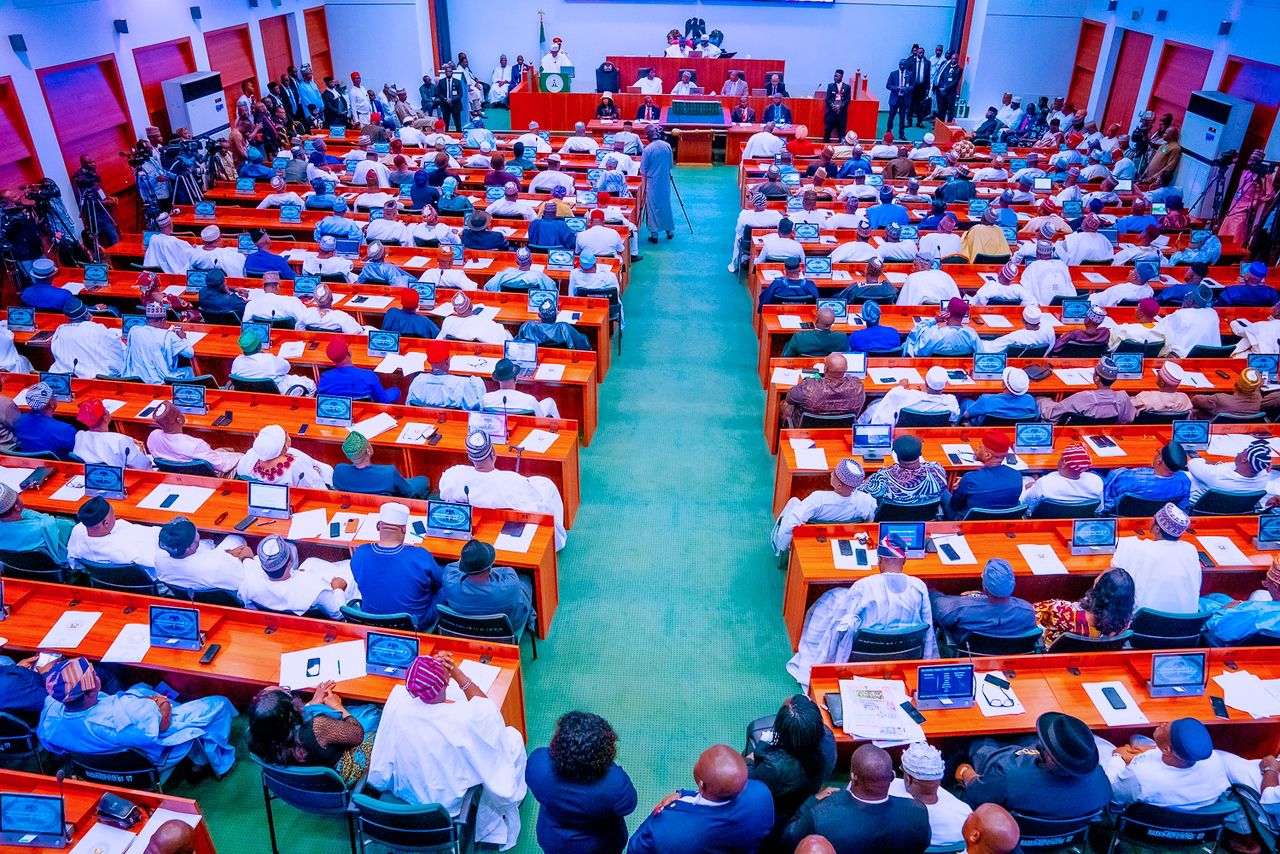Nigerians React with Alarm as Senate Advances Bill to Repeal VAPP Act
From our investigations at LightRay! Media, Women and children including other vulnerables and minority groups will be most affected if the bill is repealed from its current form.
Nigerians are expressing outrage and concern after the Senate advanced a bill to repeal the Violence Against Persons (Prohibition) Act (VAPP Act), a landmark law aimed at curbing gender-based violence. The bill, sponsored by Senator Jibrin Isah, argues that the current law is flawed and needs comprehensive reform.
Critics argue that repealing the VAPP Act would undermine progress made in human rights protections and advocate for amendments instead. The Act, signed into law in 2015, prohibits harmful traditional practices, emotional abuse, and other forms of violence.
The Senate Committee on Judiciary, Human Rights, and Legal Matters has six weeks to review the bill. If passed, it would require one more reading before a final vote.

Senator Jibrin Isah of the All Progressives Congress (APC), representing Kogi East, sponsored the bill, which was initially proposed in 2022. He argues that repealing the current law will allow for amendments to address its perceived flaws, as it is not comprehensive enough in its present form.
Some of his concerns highlighted in the Act:
- Gender Bias: Originally focused on protecting women, leading to perceived gender bias despite later revisions to include gender-neutral language.
- Drafting Issues: The Act has significant drafting challenges, making it difficult to align with modern legal standards and societal changes.
- Inadequate Punishments: The penalties prescribed, including fines and imprisonment, are seen as too lenient and fail to deter offenders effectively.
- Rape Definition: The definition of rape in the Act lacks clarity, particularly regarding consent and its manipulation through fraud or undue influence.
- Victim Compensation: The Act is criticized for its focus on penal measures, with inadequate provisions for compensating victims of violence.
- Jurisdictional and Terminology Confusion: Issues like ambiguous jurisdictional language and the use of outdated or derogatory terms create potential legal complications.
- Outdated References: The Act includes outdated references to repealed legislation, reflecting a lack of currentness in the document.
With this repeal, Jibrin Isah seeks to introduce the Violence Against Persons (Prohibition) Bill, 2024, aimed at eliminating violence in both private and public life, prohibiting all forms of violence against persons, and providing maximum protection and effective remedies for victims while ensuring the punishment of offenders.

Key Provisions of the VAPP Act 2015:
- Inadequate Punishments: The penalties prescribed, including fines and imprisonment, are seen as too lenient and fail to deter offenders effectively.
- Rape Definition: The definition of rape in the Act lacks clarity, particularly regarding consent and its manipulation through fraud or undue influence.
- Victim Compensation: The Act is criticized for its focus on penal measures, with inadequate provisions for compensating victims of violence.
- Jurisdictional and Terminology Confusion: Issues like ambiguous jurisdictional language and the use of outdated or derogatory terms create potential legal complications.
- Outdated References: The Act includes outdated references to repealed legislation, reflecting a lack of currentness in the document.
With this repeal, Jibrin Isah seeks to introduce the Violence Against Persons (Prohibition) Bill, 2024, aimed at eliminating violence in both private and public life, prohibiting all forms of violence against persons, and providing maximum protection and effective remedies for victims while ensuring the punishment of offenders.
The VAPP Act 2015
It would be recalled that before leaving office in 2015, former President Goodluck Jonathan signed the VAPP Act into law. The Act was enacted to prohibit all forms of violence against persons in private and public life, providing maximum protection for victims and ensuring offenders are punished.
The bill was originally passed in 2013 and became law on May 28, 2015. However, as of March 2022, Partners West Africa Nigeria reported that only 19 out of Nigeria’s 36 states, along with the Federal Capital Territory, had domesticated the VAPP Act, and only five state Houses of Assembly had fully passed the legislation.
However, Senator Jibrin Isah’s bill now only requires one more reading before the VAPP ACT 2015 it is put to a vote, raising concerns among Nigerians who believe repealing the VAPP Act would undermine the progress made in human rights protections. Many argue that an amendment, rather than a full repeal, would be a more effective approach.
Civil Societies, Nigerian citizens, and journalists across the country are alarmed at the direction the bill is tilted towards with many expressing their concerns across social media in reaction to the proposed VAPP repeal.





Comments